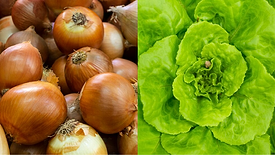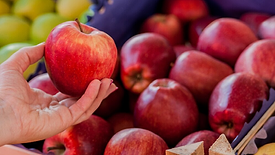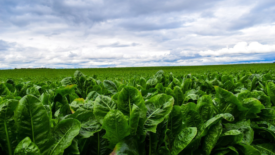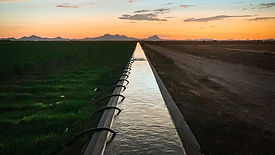Home » Keywords: » Center for Produce Safety
Items Tagged with 'Center for Produce Safety'
ARTICLES
BIZTRACKS
Center for Produce Safety Executive Director to Step Down in 2025
October 2, 2024
Never miss the latest news and trends driving the food safety industry
eNewsletter | Website | eMagazine
JOIN TODAY!Copyright ©2024. All Rights Reserved BNP Media.
Design, CMS, Hosting & Web Development :: ePublishing









